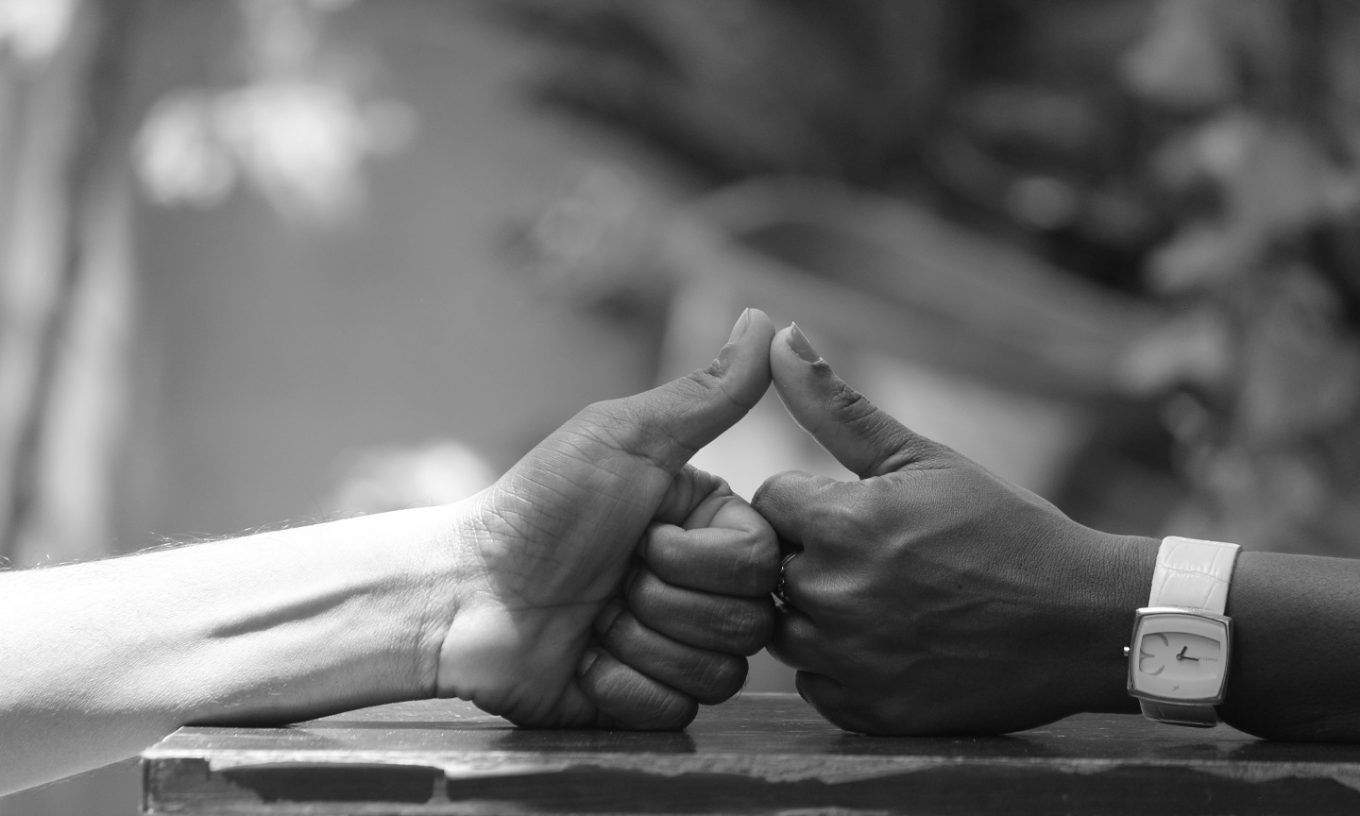During World War II, the state of Alabama was home to approximately 16,000 German prisoners of war in 24 camps. These prisoners were mostly of the German Wehrmacht (armed forces), and described life to be so comfortable within the camps that it was akin to living in a “golden cage.” At first, the prisoners suspected a trick when their meals seemed lavish by their standards. During their free time, prisoners organized into soccer teams, or dabbled in art studios, creating paintings, sculptures, murals, and carvings. They also formed orchestras with instruments provided by the Army or local charities, or churches. Prisoners could enroll in college courses and some even taught. The people of Alabama often formed remarkable friendships with the prisoners and gave them many gifts, as well as invitations to their homes for a meal. After the war, many Germans brought their families to vacation in the South and to introduce them to their southern friends. These friendships lasted for decades.
— Encyclopedia of Alabama
O Beet!
What do you think, you old dusty ruby smoldering there in the earth?
You do realize, don’t you
You’re the food of the Eastern Europeans,
Those Slavic People,
Forgive me, O beet, I don’t want to hurt your feelings,
but….
If you’re served at a dinner party,
the guests are not well liked.
After all,
You are the food of peasants
Gypsies.
Ha, you might be cursed!
Even the soup made with your name-Borscht-is unpronounceable.
Here,
in the South,
We do better.
We minister to our fascists.
You, a dirty little earth rock hiding under the soil
You, a food of pestilent people
People in concentration camps
People in the Gulag
People like peasants and prisoners and slaves.
Imagine a crowded camp of disgraceful skeletons fighting over black crusts of bread and cold slick maroon beet peels and chunks drowning in gray gruel.
Imagine some pathetic mother as she watches her sick child take a bite, the blood juice running down his grimy pale chin.
No potato,
You, O Beet, must be the bastard cousin, a rotten oeuf de terre.
Even your name is the sound of violence.
Nearby a turkey vulture perches atop a church steeple, stretching its wings, its tan-black v shape casting shadows on the ground underneath.
Place your ear on the ground and listen.
Beat
Beat
Those are not heartbeats you may like to think you sustained, O beet!
It is the metronome of glorious goosesteps, laughing, We did feed them,
Fed them dirty rubies as precious rubles in a gravy for rats and cockroaches–
While I sent out the coloreds
to wring a chicken neck
or shoot a hare,
Fresh fare for our
Beautiful.
Blonde.
Friends.
Photo by srinivas bandari on Unsplash





